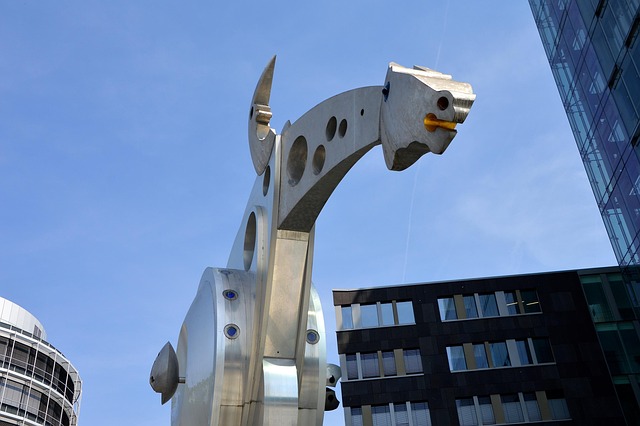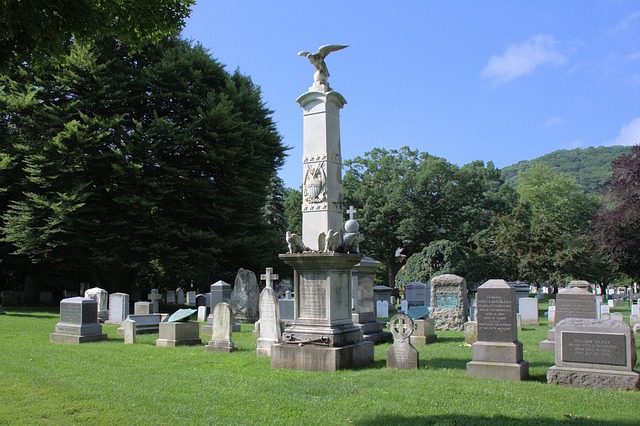The Shelterwood Academy lawsuit exposes alleged physical and emotional abuse, neglect, and civil rights violations at the private residential treatment center for adolescents. Critics highlight inadequate staffing, restrictive measures, and potential power misuse, prompting discussions on accountability in private schools. The legal proceedings have led to substantial settlements, increased scrutiny, and regulatory measures to better protect students, setting a precedent for advocating educational transparency and quality.
“Discover the power of legal accountability in education through the lens of Shelterwood Academy and its recent lawsuits. This article explores the intricate details surrounding Shelterwood, delving into its unique practices and the subsequent legal actions taken against it. By examining these cases, we uncover the broader implications for educational institutions and the pursuit of transparency. Join us as we navigate the path to accountability, considering the impact on both students and the future of the education sector.”
- Understanding Shelterwood Academy and Its Practices
- Legal Actions Taken Against Shelterwood
- The Impact and Future of Accountability in Education
Understanding Shelterwood Academy and Its Practices

Shelterwood Academy, a private residential treatment center for adolescents, has faced increasing scrutiny in recent years due to numerous Shelterwood Academy lawsuits filed by former students and their families. The facility, located in [Location], promotes itself as a place where young people can find healing and growth through various therapeutic programs. However, critics argue that the reality is far from this idealized image. Many former residents have come forward with allegations of physical and emotional abuse, neglect, and violations of their civil rights.
These Shelterwood Academy lawsuits shed light on practices within the academy that may be detrimental to the well-being of its young inhabitants. The claims often include excessive use of restrictive measures, such as isolation and confinement, in response to behavioral issues. Additionally, there are accusations of inadequate staffing ratios, leading to a lack of supervision and potential misuse of power by certain staff members. Understanding the extent of these allegations is crucial as it may indicate systemic problems that require legal intervention to ensure accountability and prompt changes for the better.
Legal Actions Taken Against Shelterwood

Over the years, Shelterwood Academy has faced several legal actions and lawsuits from former students and their families. These suits highlight issues related to alleged abuse, negligence, and breaches of trust within the institution. The plaintiffs have accused Shelterwood of failing to provide a safe and supportive environment, leading to physical and emotional harm. Many of these cases have resulted in significant settlements, bringing much-needed attention to the importance of accountability in educational institutions.
The Shelterwood Academy lawsuit has become a catalyst for discussions about holding private schools accountable for their actions. These legal proceedings not only seek justice for the victims but also serve as a warning to other institutions, emphasizing that negligence and abuse will not be tolerated. As a result, Shelterwood’s history with lawsuits has prompted increased scrutiny and regulatory measures to ensure better protection for students in similar settings.
The Impact and Future of Accountability in Education

The Shelterwood Academy lawsuit marks a significant moment in the pursuit of educational accountability, highlighting the potential for legal action to drive change. This case not only brings attention to the importance of transparency and responsibility in institutions but also sets a precedent for future litigation aimed at ensuring quality education. By holding schools and their leadership accountable, such lawsuits can foster a culture of continuous improvement and protect the interests of students.
The impact extends beyond individual cases, as it encourages broader systemic reform. As educational institutions face increased scrutiny, the risk of legal consequences may prompt more proactive measures to address longstanding issues. This could lead to improved policies, enhanced oversight, and ultimately, better outcomes for students, ensuring that education remains a powerful tool for personal growth and societal progress.
The lawsuits against Shelterwood Academy represent a pivotal moment in holding educational institutions accountable for their actions. By examining the practices within Shelterwood, these legal proceedings have opened doors for increased transparency and potential reforms across the education sector. As the impact of these cases continues to unfold, it underscores the importance of strong oversight and the power of legal action to drive positive change, ensuring that institutions like Shelterwood operate with integrity and responsibility. The future of accountability in education may very well be shaped by the outcomes of these Shelterwood Academy lawsuits.
